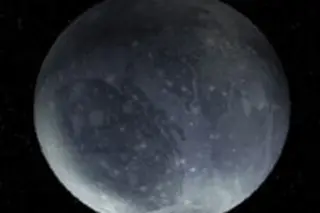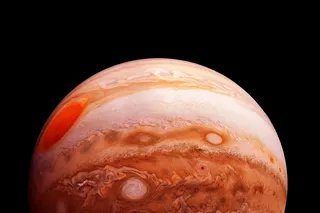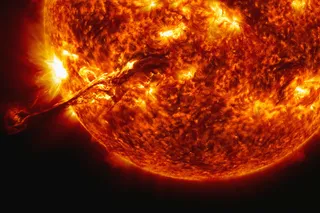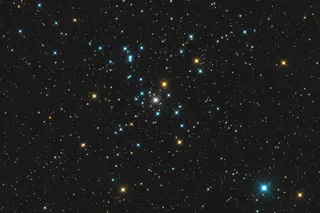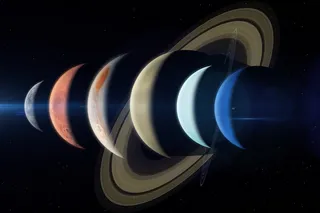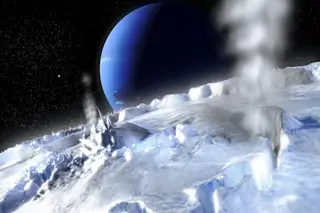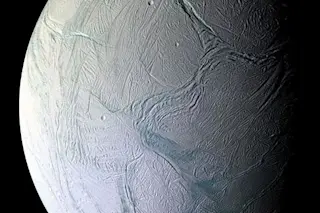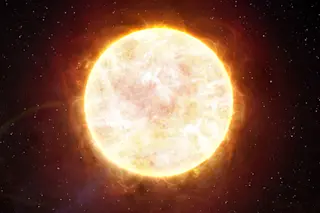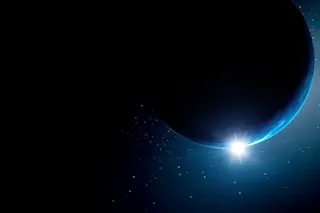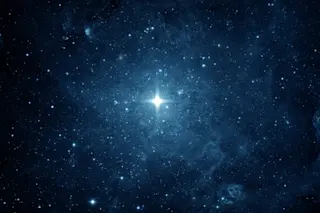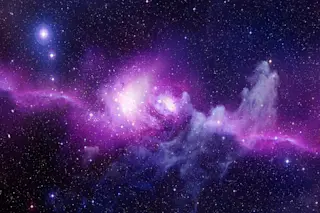It’s been nearly two years since the International Astronomical Union (IAU) voted to remove poor Pluto from the list of our solar system’s true planets, putting the lie to what generations of kids learned in science class. Pluto was demoted to a “dwarf planet,” making it just one of many cold chunks of rock scattered at the fringe of the solar system. Maybe the astronomers felt a little guilty about about kicking Pluto out of the planetary club, so they’ve come up with a gesture to make amends.
From now on Pluto won’t just be any dwarf planet, it will be a 'plutoid' [New Scientist].
The category name will apply to all dwarf planets beyond the orbit of Neptune, which sounds like quite an honor until you realize that there’s only one other such object, a dwarf planet named Eris that was discovered in 2005. Still, astronomers expect to find more plutoids in the years to come as they point telescopes towards the Kuiper Belt, the region beyond Neptune that is cluttered with small, icy objects. In fact, it was astronomers’ belief in a crowded Kuiper Belt that led to Pluto’s demotion. Pluto's relegation was felt necessary because new telescope technologies had begun to reveal far-off objects that rivalled the world in size. Without a new classification, these discoveries raised the prospect that textbooks could soon be talking about 50 or more “planets” in the Solar System
[BBC News].
The 2006 decision to delist Pluto sparked a surprisingly heated controversy among astronomers about how to define a planet, and the new designation seems to be fanning those flames again. Some researchers expressed support for the decision. “It seems like a reasonable decision to me, and given the excitement generated by New Horizons [a NASA probe headed for Pluto], it’s in everyone’s interest to favor the largest Kuiper belt objects with their own categorical designation,” said Gregory Laughlin, an extrasolar-planet researcher at the University of California, Santa Cruz
[MSNBC].
But a surprising number of astronomers criticized the IAU’s decision as being undemocratic, unnecessary, or for just choosing a silly-sounding word. On of the loudest critics was former NASA scientist Alan Stern, who has continued to push for letting Pluto remain a planet. Stern said a rival group could be formed to the IAU, which he said was too secretive in its decision-making. “It’s just some people in a smoke-filled room who dreamed it up,” Stern said. “Plutoids or hemorrhoids, whatever they call it. This is irrelevant”
[AP].
Image: NASA


